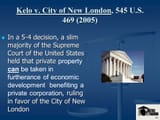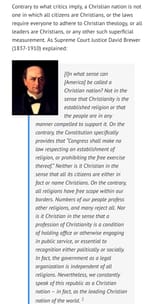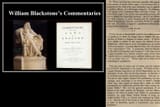Anonymous
7/24/2025, 9:44:55 PM
No.17869087
[Report]
>>17869107
>>17869113
>>17869158
>>17869195
>>17869242
>>17869369
>>17869380
>>17869521
>>17869522
>>17870195
>>17870212
>>17870842
>>17871332
>>17871347
>>17874510
Too much theology on this board.
Let's do some /LAW/.
US Law.
What's your favorite court case? Or most disliked?
For me, I actively dislike Goldberg v. Kelly. I'm not a fan of "easy to give, hard to take away" when it comes to government benefits, and it sure felt like a funky extension of property interests under procedural due process.
I get the IDEA behind it, but I don't see any proper legal basis for it.
Let's do some /LAW/.
US Law.
What's your favorite court case? Or most disliked?
For me, I actively dislike Goldberg v. Kelly. I'm not a fan of "easy to give, hard to take away" when it comes to government benefits, and it sure felt like a funky extension of property interests under procedural due process.
I get the IDEA behind it, but I don't see any proper legal basis for it.


































